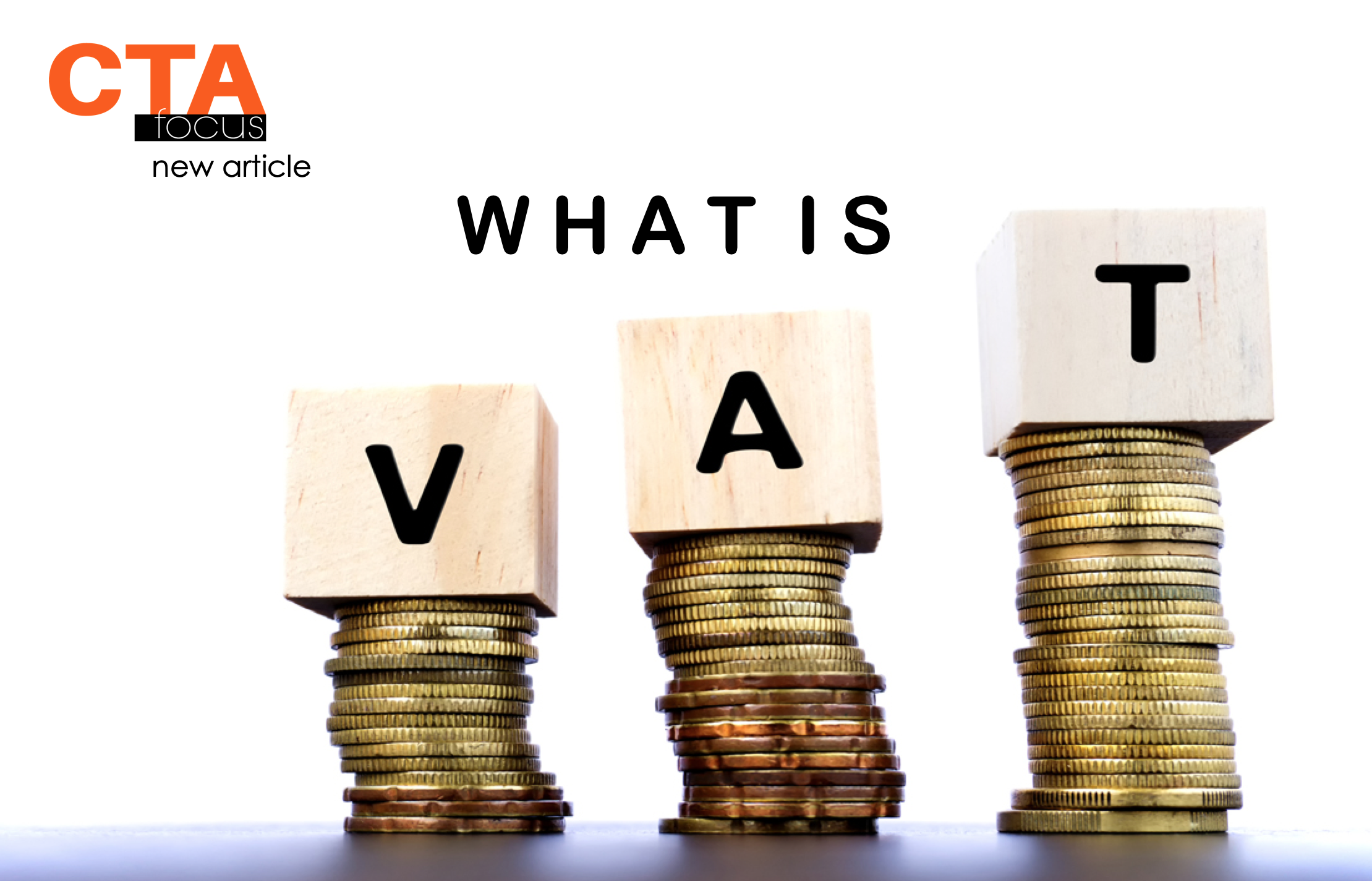
WHAT IS VAT?
VAT is defined as “a value-added tax (VAT) is a consumption tax placed on a product whenever value is added at each stage of the supply chain, from production to the point of sale” (https://www.investopedia.com/terms/v/valueaddedtax.asp).
Over 160 countries recognize and utilize VAT.
You most likely enjoy the VAT refunds at the airport while leaving your distant holiday country, but when it comes to understanding of VAT amount and its applicability in the context of clinical trial agreements and invoicing, we see this is quite complex and very country-specific topic.
VAT amount can vary from country to country from 5% to 35%, and it is crucial for Sponsors to estimate it properly. Moreover, proper estimation on country-by-country basis may allow to safe funds through VAT recovery, which can be problematic if not done timely as in some countries it can take even years.
It goes without saying, VAT-related language shall be thoroughly worded in the CTA at country-specific stage.
None of the generic (not country-specific) CTA template can provide clear and detailed VAT-language, but probably some very general lawyer-style “VAT amount and applicability shall be regulated in accordance with the current legislation”
Yet, let’s check some rules specific to the European Union.
As per Directive 2008/8/EC, the place of supply of services is the place where the recipient of services has its fixed establishment.
In the context of the CTA, when Sponsor is the recipient of services and a Site – is the service provider, it means:
A) the Site applies VAT to its invoices if Sponsor’s contracting entity is located within the same EU country, and
B) the Site doesn’t apply VAT to its invoices if Sponsor’s contracting entity is located in a different EU country. Yet, the Sponsor may have to self-assess VAT amount and report it to tax office (so called, “reverse charge mechanism”).
Understanding of this territorial principle and reverse charge mechanism may help a lot, however there can be many more factors to consider while investigating VAT applicability for each particular case.
Looking out of the EU makes things more variable and sometimes complicated.
Complexity and variability of VAT implication and its influence on CTA wording and invoicing is something requiring explicit local knowledge. And this is our, CTA Focus’, main principle of work – adjusting global approach to a local knowledge.

2 thoughts on “WHAT IS VAT?”
Awesome post! Keep up the great work! 🙂
Awesome post! Keep up the great work! 🙂